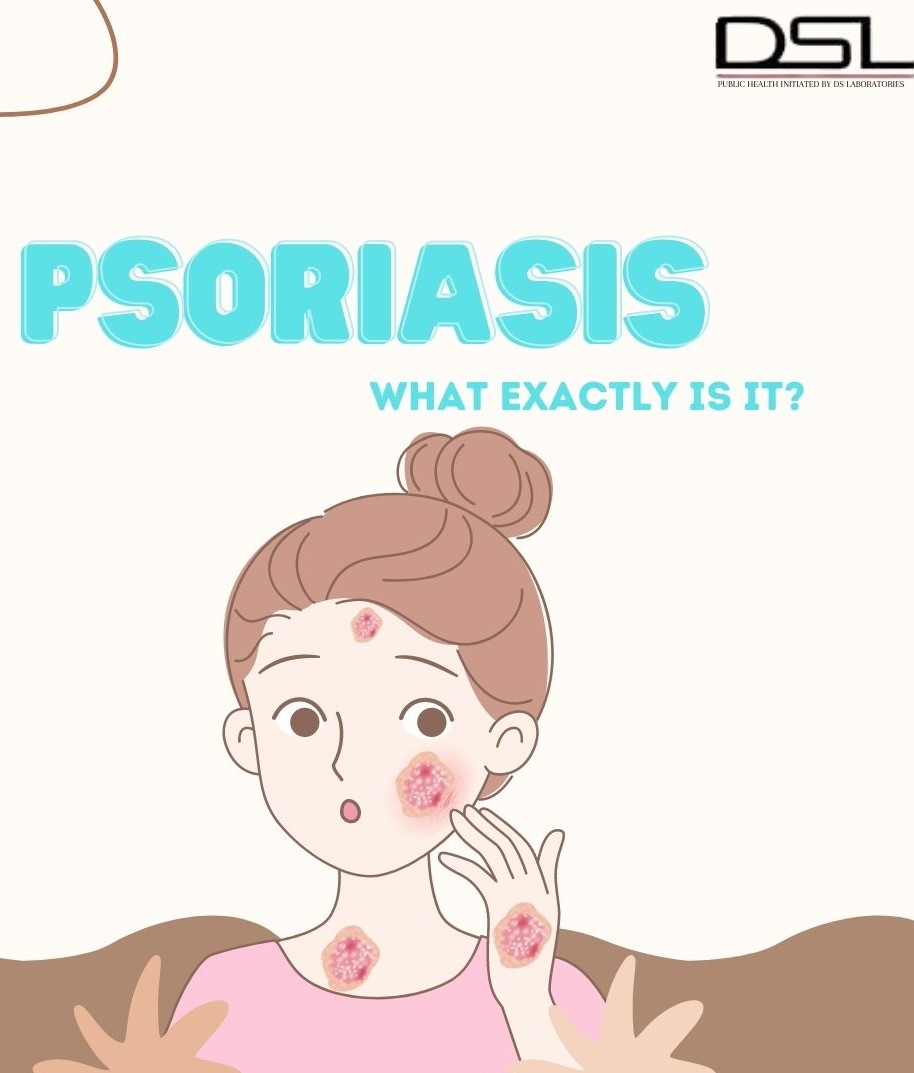


Psoriasis is an immune mediated skin disease that cause skin cells to multiply up to 10 times faster than normal. Psoriasis makes skin red, itchy scaly patches, bumpy etc. most common areas are scalp, elbows, knees and lower back. It is a long-term disease with no cure.
CAUSES:
Psoriasis is an autoimmune disorder that’s why the reason behind is not clear yet but some risk factors may increase the chances to develop psoriasis.
· Skin infections
· Stress
· Smoking and exposure to smoke
· Extreme alcohol consumption
· Some medications
· Rapid withdrawal of oral or systemic corticosteroids
· Some medications
· Hormone changes.
SYMTPOMS:
· Some common symptoms are-
· Itchiness
· Dry skin
· Scaly scalp
· Joint pain.
TYPES & TREATMENTS:
Most common types of Psoriasis are-
PLAQUE-
· It is also known as Psoriasis vulgaris.
· It consisting of thick red patches of skin, with a silver or white scaly layer.
· Patches often appear on elbows, knees, lower back and scalp.
GUTTATE-
· In Guttate psoriasis small red spots appears on skin.
· It might start during childhood or young adulthood
· Spots are often appearing on torso and limb but they might appear on face and scalp too.
INVERSE-
· It also known as Flexural psoriasis, it is a red, shiny and smooth patches.
· It often appears in skinfolds like under the breast or in armpits or groin area.
PUSTULAR-
· It is a severe form of psoriasis.
· It develops fast in the form of white pustules surrounded by red skin.
· It mainly appears in the isolated part of body like hands and feet or cover most of the skin surface.
TREATMENT:
There is no complete cure for psoriasis but treatment can help to feel better. There are many treatments which can help to manage the symptoms and pain.
REFERENCES:
https://www.webmd.com/skin-problems-and-treatments/psoriasis/understanding-psoriasis-treatment
https://www.healthline.com/health/photos-types-psoriasis#pustular
https://my.clevelandclinic.org/health/diseases/6866-psoriasis#symptoms-and-causes
https://www.mayoclinic.org/diseases-conditions/psoriasis/symptoms-causes/syc-20355840